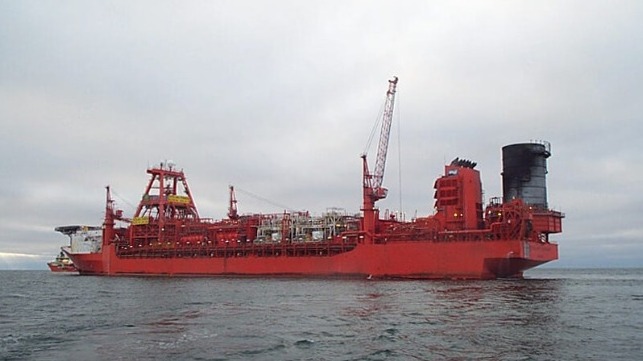Workers on Decommissioned FPSO Vote to Strike Over Final Paycheck

The FPSO Petrojarl Foinaven is just weeks away from decommissioning, but it might still have time for one final labor action before it sails off for scrapping.
The workers aboard the UK North Sea FPSO Foinaven plan to go out on strike over their very last wage - their severance pay. They assert that the company's onshore workers are getting a much better deal for their final payout and are asking for equivalence. Everyone will be laid off, but the union claims that shoreside employees of the operation are getting four weeks of severance pay per year of service while offshore employees are getting the UK statutory minimum, which is about 60-75 percent less.
“Our offshore members working on the Foinaven FPSO vessel are rightly aggrieved at being treated as second-class workers by Altera. Unite will challenge the company on this," said Unite General Secretary Sharon Graham in a statement. "We don’t do our members being treated as ‘second class’. All our members are asking for is parity in the redundancy package due to the contract coming to an end."
There isn't much time left for a strike aboard the Foinaven, which is in the process of decommissioning and due to be removed in August. Nonetheless, the 60 union workers aboard the platform voted by 96 percent for industrial action, and the walkout will start August 5.
In April, a fire broke out aboard Petrojarl Foinaven, prompting an emergency airlift evacuation of 30 nonessential staff. Five people were assessed for smoke inhalation. The fire was brought under control and decommissioning work resumed, but Unite used it as an example of the hazards its members have experienced - and for which they should be compensated, according to the union.
According to BP, Foinaven was a pioneer in the North Sea, serving the first deepwater development on the UK Continental Shelf and in the region west of Shetland. The vessel had an oil production capacity of 140,000 barrels per day with storage for 280,000 barrels.
